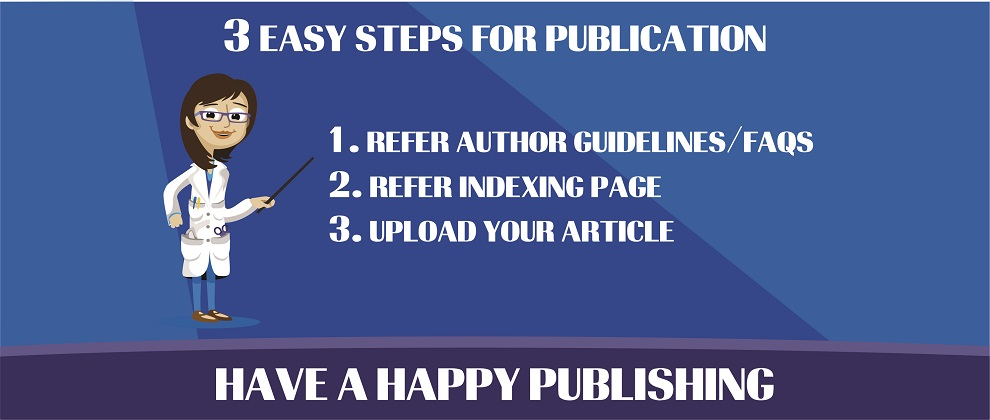Volume : 3, Issue : 11, November - 2014
Ethical & Legal Issues In Medical Genetics: A review article
Bandopadhyay Debasis Lt Col
Abstract :
Background: Ethical issues in human genetics poses more challenges because genetic identity impinges not only on the individual but also on the extended family and society in general. The fundamental ethical principles of autonomy (self determination), beneficence (to do good), non maleficence (not to harm) and justice (fairness for patient) are not absolute and limitations arise due to conflicts amongst the principles. Hence an acceptable ethical framework needs to be worked out that would balance the principles against each other. Practical approach to ethics in medical genetics: Ethical issues need to be considered if the benefits are maximised and the harms minimised from the increasing ability to use genetic testing to analyse an individual’s genetic information. The ethical issues generally arise from: The shared nature and ownership of genetic information. The doctor’s ethical responsibilities include balancing the privacy and confidentiality of the individual and prevention of harm to others. In patients of balanced translocations and X-linked recessive disorders confidentiality cannot be limited to the patient (the right to complete confidentiality has to be partially eached) and necessary disclosure has to be made to close family relatives who must understand carrier status (that they could be also carriers) & therefore the risk of having affected baby. Limitations of genetic testing. The genetic tests are diagnostic (prenatal and newborn screening) and predictive (for late onset dominant autosomal disorders). The prenatal and screening tests should aim to provide maximum information to the patient so that they can make an “informed choice” of having a baby. Treatment options are limited for genetic disorders and moreover these diagnostic tests cannot predict the severity and the age of onset of the disease. To inform a child about adult onset dominant autosomal disorders will be unethical as it leads to social discrimination and should ideally be postponed till the child reaches the age of consent. Ethical issues experienced in the application of human genetics technologies. The possibility of misuse of gene therapy for the purpose of eugenics, commercial exploitation of the donor mother in cases of “three parent babies” and conceiving “savior babies” through pre-implantation genetics tests are future ethical challenges. Patenting of genes. A gene patent is a patent on a specific isolated gene sequence, its chemical composition, the processes for obtaining or using it. It is a constant ethical issue as to who owns the tissue (genes) – the patient or the laboratory. Patents act under Section 3C of Indian law states a gene is “patentable” only if it is “recombinant”. Conclusion: There are no easy or correct solutions for difficult ethical problems in medical genetics. With new discoveries new ethical dilemmas will emerge. Medical genetics community has to ensure that interests of their patients & families take precedence.
Keywords :
Article:
Download PDF Journal DOI : 10.15373/2249555XCite This Article:
ETHICAL & LEGAL ISSUES IN MEDICAL GENETICS: A REVIEW ARTICLE, Bandopadhyay Debasis Lt Col GLOBAL JOURNAL FOR RESEARCH ANALYSIS : Volume-3 | Issue-11 | November-2014


 MENU
MENU

 MENU
MENU

